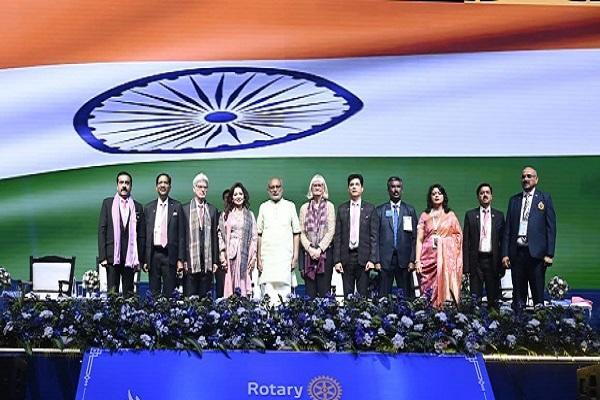
AI, Creators & Tier-2 Cities Power India’s Startup Growth
India’s startup scene is abuzz with excitement, driven by the rapid adoption of Artificial Intelligence (AI), omnichannel models, expansion into Tier-2 and Tier-3 cities, and the rise of creator-driven branding. A recent report by Meta and A&M (Accenture & McKinsey) has shed light on the trends that are shaping the future of India’s startup ecosystem. In this blog post, we’ll delve into the key findings and explore what they mean for startups looking to scale, connect with users, and build future-ready brands.
AI Adoption: The Game-Changer
According to the report, 70% of Indian startups are already using AI to drive innovation and stay ahead of the competition. This is a significant jump from previous years, reflecting the growing recognition of AI’s potential to revolutionize business operations, customer engagement, and product development. AI-powered tools are being used for a wide range of applications, from chatbots and virtual assistants to data analysis and predictive modeling.
AI adoption is particularly high in the fintech, healthcare, and edtech sectors, where it’s being used to improve customer experience, streamline processes, and drive growth. For example, fintech startups are using AI-powered chatbots to provide 24/7 customer support and automate financial transactions, while healthcare startups are leveraging AI-driven analytics to personalize patient care and improve treatment outcomes.
Omnichannel Models: The Key to Success
The report also highlights the growing importance of omnichannel models, with 67% of startups adopting a multi-channel approach to engage with customers. This involves using a combination of online and offline channels, such as social media, email, SMS, and in-store promotions, to create a seamless customer experience.
Omnichannel models are particularly effective in Tier-2 and Tier-3 cities, where internet penetration is lower and traditional channels like retail and word-of-mouth are still dominant. By offering a range of channels, startups can reach a wider audience, increase customer engagement, and build brand loyalty.
Tier-2 and Tier-3 City Expansion: The Next Frontier
The report reveals that 95% of Indian startups are targeting smaller cities, such as Tier-2 and Tier-3 cities, as part of their expansion plans. This is a significant shift from previous years, when startups typically focused on Tier-1 cities like Delhi, Mumbai, and Bengaluru.
Tier-2 and Tier-3 cities offer a huge untapped market potential, with a combined population of over 200 million people. By expanding into these cities, startups can tap into new customer segments, reduce competition, and increase their market share.
Creator Economy: The Rise of Influencers
The report also highlights the growing importance of the creator economy, with 88% of startups partnering with influencers early on in their marketing and branding strategies. This involves collaborating with influencers, content creators, and thought leaders to promote products, services, and brands.
The creator economy is particularly effective in Tier-2 and Tier-3 cities, where influencers and local celebrities have a significant following and can help startups build brand awareness and credibility.
Impact on Startup Growth
So, what does this mean for startups looking to scale, connect with users, and build future-ready brands? Here are a few key takeaways:
- AI adoption: Startups should focus on leveraging AI-powered tools to improve customer experience, streamline processes, and drive growth.
- Omnichannel models: Startups should adopt a multi-channel approach to engage with customers and create a seamless customer experience.
- Tier-2 and Tier-3 city expansion: Startups should focus on expanding into smaller cities, where there is a huge untapped market potential.
- Creator economy: Startups should partner with influencers early on in their marketing and branding strategies to build brand awareness and credibility.
Conclusion
India’s startup scene is evolving fast, driven by the rapid adoption of AI, omnichannel models, expansion into Tier-2 and Tier-3 cities, and the rise of the creator economy. By focusing on these trends, startups can scale, connect with users, and build future-ready brands. As the report highlights, 70% of startups are already using AI, 67% are adopting omnichannel models, and 95% are targeting smaller cities. Meanwhile, 88% are partnering with influencers early on. These trends are reshaping how startups operate, and it’s essential for entrepreneurs to stay ahead of the curve.
Source:






